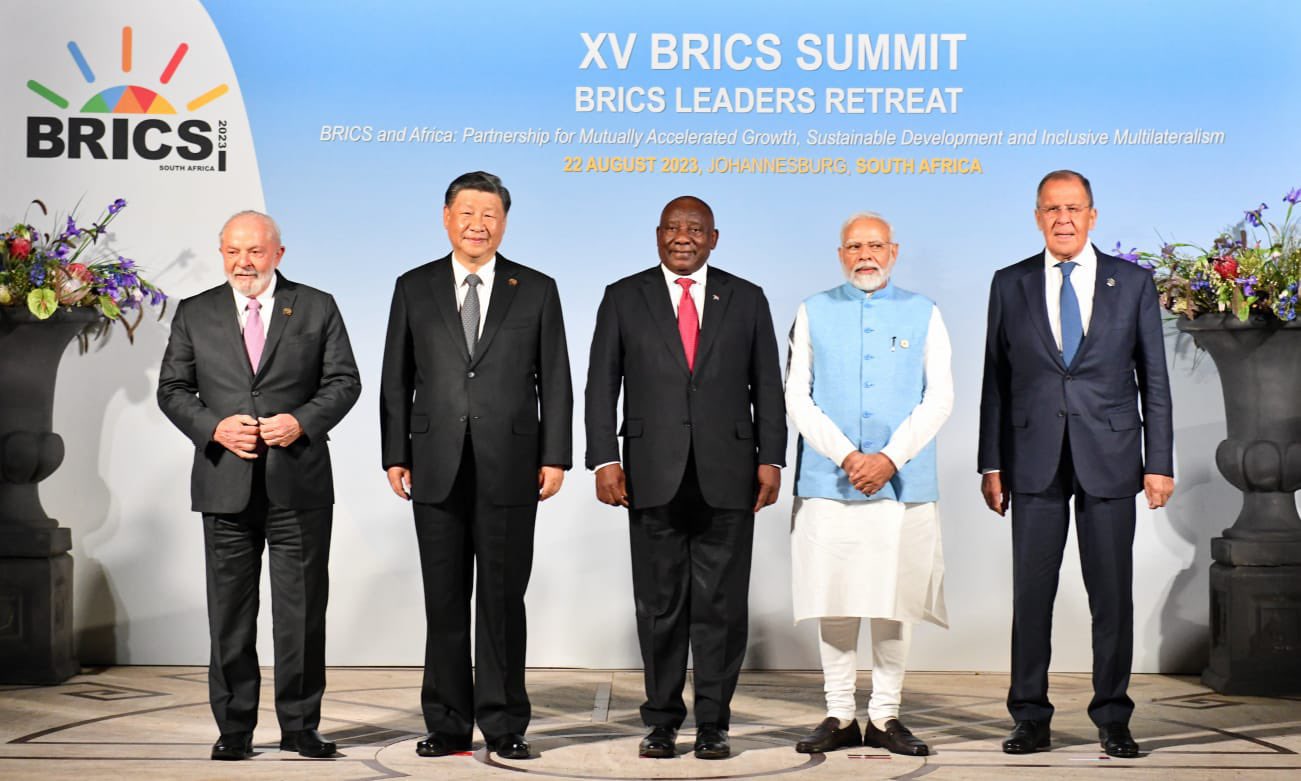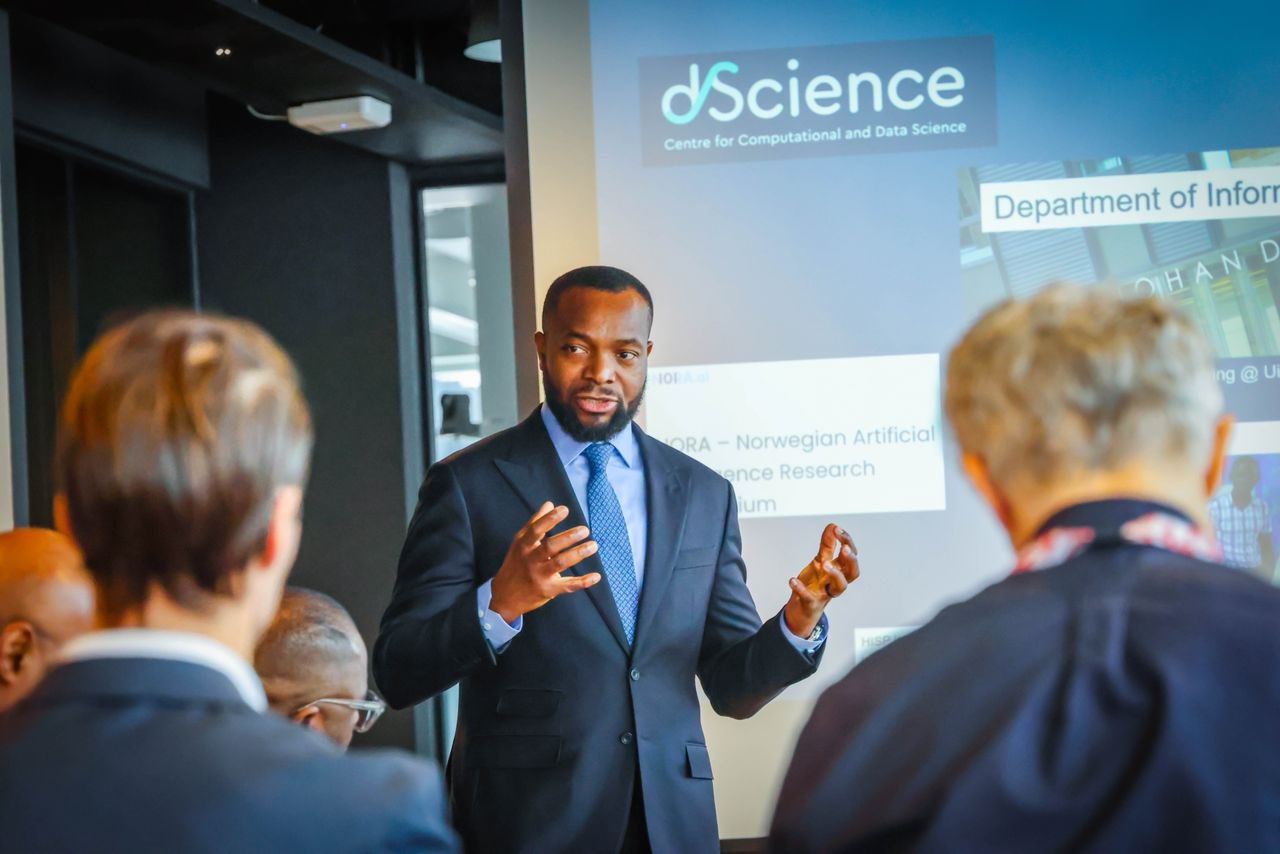India has urged other BRICS member states to cooperate in space exploration programs.
Indian prime minister Narendra Modi has urged BRICS member countries to form a “space research consortium” to deepen cooperation in space. He spoke at the plenary session of the BRICS Summit in Johannesburg, South Africa.
BRICS is a grouping of the world economies of Brazil, Russia, India, China, and South Africa formed by the 2010 addition of South Africa to the predecessor BRIC. The theme for this year’s summit, to be held from 23-25 August, is “BRICS and Africa: Partnership for mutually accelerated growth, sustainable development and inclusive multilateralism.”
“We are already working on the BRICS satellite constellation, but to move a step further, we should think about establishing a BRICS space exploration consortium,” Modi said.
Additionally, the Indian head of state also pitched cooperation in the education, skill development, and technology sectors “in order to make BRICS a future-ready organisation”.
Interestingly, on the same day that Modi made the pledge, 385,000 kilometres away, Indian spacecraft, Chandrayaan-3 landed on the southern polar region of the moon. The craft is set to begin exploring an area of the moon that has yet to be visited. The landing makes India the first country to ever reach this part of the lunar surface in one piece—and only the fourth country ever to land on the moon.
Despite currently not having an active space programme, South Africa has in the past launched missions to the stars. In the 1980s, work on the development of a launcher and a satellite had been in progress but was discontinued after 1994. In 1999, South Africa launched its first satellite, SUNSAT from Vandenberg Air Force Base in the US. A second satellite, SumbandilaSat, was launched from the Baikonur Cosmodrome in Kazakhstan in 2009.



















